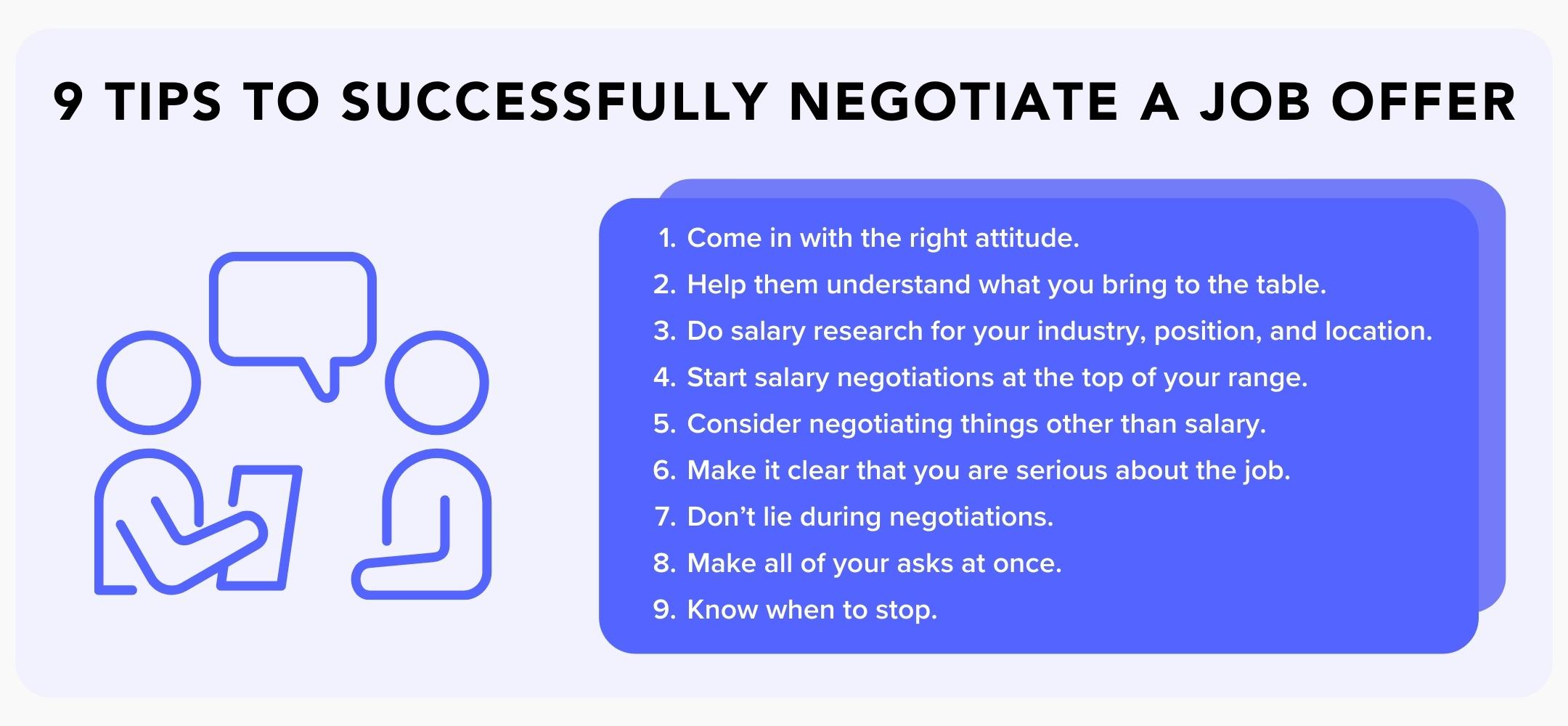As we navigate the professional world and work hard to build our careers, one of the most exciting yet daunting moments is receiving a job offer. It’s a validation of our skills and potential, but it also presents a crucial opportunity to negotiate and ensure that we are getting what we truly deserve.
Negotiating a job offer can be intimidating, but it shouldn’t be seen as a confrontational act. Instead, it is a chance to engage in a respectful conversation with your potential employer, demonstrating your value and advocating for yourself. The process can feel overwhelming, especially for those who are new to it, but armed with the right knowledge and mindset, anyone can navigate it successfully.
When I received my first job offer, I was thrilled and proud of myself. However, I knew that accepting the offer without negotiating would not do justice to the hard work I had put into building my skills and experience. So, I mustered up the courage to engage in a negotiation process that ultimately resulted in a better compensation package and additional benefits.
The first step in negotiating a job offer is to gather information and conduct research. Understand the market value for the position you are being offered, taking into account factors like your level of experience, skills, and the location of the job. Websites like Glassdoor and Salary.com can provide insights into salary ranges for similar positions. Additionally, reaching out to professionals in your network who work in similar roles can give you a better understanding of industry standards.
Armed with this information, it’s time to start the negotiation process. The key here is to strike a balance between being assertive and maintaining a respectful tone. Remember, negotiation is about finding a mutually beneficial outcome.
Start by expressing your gratitude for the offer and your genuine interest in the position. This sets a positive tone and shows that you value the opportunity. Then, state your request for a higher salary or improved benefits. Present the research you have conducted and outline how your skills and experience align with the value you bring to the organization. Be clear and concise in your communication, highlighting the specific points you would like to negotiate.
While salary is often the most prominent factor in the negotiation process, don’t overlook the importance of discussing other benefits. Consider aspects such as bonuses, stock options, healthcare benefits, flexible work schedules, and professional development opportunities. These can greatly enhance your overall compensation package and improve your work-life balance.
During the negotiation, be prepared for potential pushback from the employer. They may have constraints on their budget or standard policies in place. Listen to their perspective and try to understand their limitations.
If the employer is unable to meet your initial requests, explore alternative options. For instance, you can discuss the possibility of a salary review after a specified period, additional vacation days, or a sign-on bonus. Be open to creative solutions that can add value without straining the employer’s resources.
Keep in mind that confidence is key during the negotiation process. Believe in yourself and your worth. The worst thing that can happen is the employer saying no to your request, but that shouldn’t discourage you. Negotiation is a skill that develops with practice, and even in cases where you don’t get what you ask for, the experience can teach valuable lessons for future negotiations.
Once an agreement has been reached, it’s important to formalize the negotiated terms in writing. This ensures clarity and minimizes the chances for miscommunication or misunderstandings in the future. A carefully written email summarizing the agreed-upon terms can serve as a written record and reference point for both parties.
Negotiating a job offer is not only about securing the financial compensation you deserve but also about setting the stage for a mutually beneficial relationship with your prospective employer. It establishes a foundation of respect, open communication, and value recognition that can shape your entire experience with the organization.
In conclusion, negotiating a job offer is an empowering process that allows you to advocate for yourself and ensure that you are being properly valued. It requires a blend of research, assertiveness, respect, and confidence. Remember that negotiating is a skill that can be learned and refined with practice. So, the next time you receive a job offer, embrace the opportunity to negotiate, and get what you truly deserve. Your career and future self will thank you!
